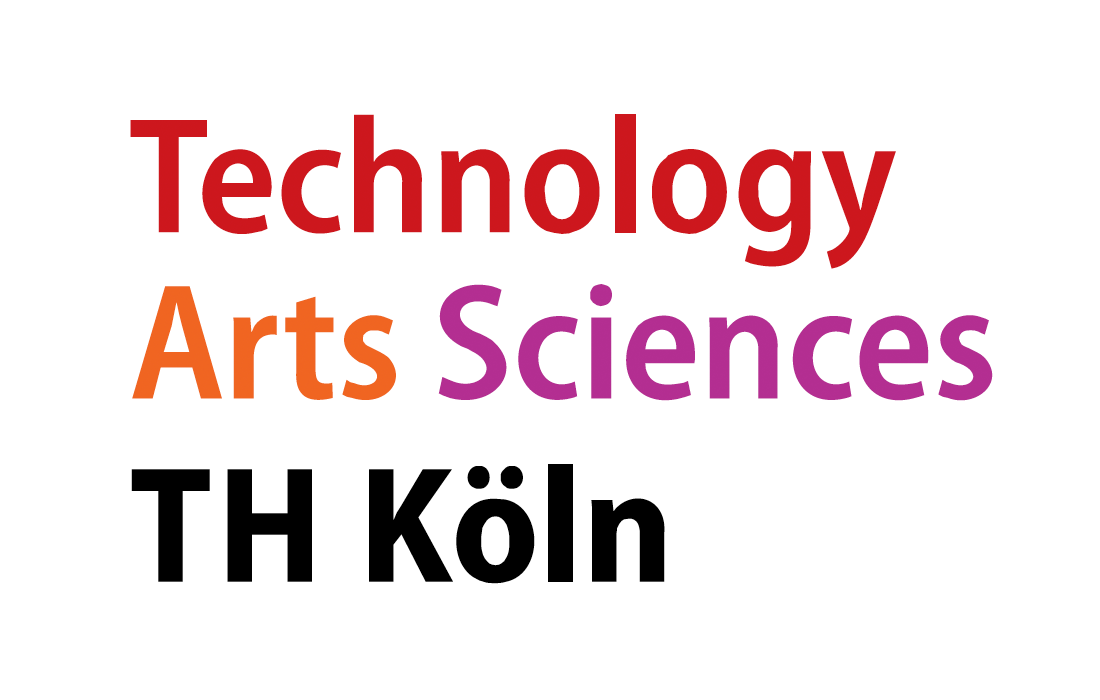Beitrag zu Handlungsfeldern
Nachfolgend ist die Zuordnung des Moduls zu den Handlungsfeldern des Studiengangs aufgeführt, und zwar als anteiliger Beitrag (als ECTS und inhaltlich). Dies gibt auch Auskunft über die Verwendbarkeit des Moduls in anderen Studiengängen und über die Beziehung zu anderen Modulen im selben Studiengang.
| Handlungsfeld |
ECTS (anteilig) |
Modulbeitrag zum Handlungsfeld |
| Acting Responsibly |
2 |
Students are taught how to responsibly run data science projects by taking
into account ethics, privacy and safety aspects during all phases of the project.
|
| Architecting and Coding Software |
1 |
Students will design and analyse experiments using modern statistical programming packages. They will implement different optimization strategies in exercises or projects.
|
| Designing Innovations and Products |
1 |
Students will learn to include ethical considerations into the design process for innovative products.
|
| Generating and Accessing Knowledge |
2 |
Students are taught the importance of careful planning when aquiring data, be it in a controlled setting (i.e. DoE) or by reusing existing data. Special emphasis is placed on techniques to avoid or reduce biases.
|
Learning Outcome
Students will learn a holistic approach to running successfull data science projects by
- taking ethical, privacy and safety concers under consideration,
- planning and designing schemes to collect data,
- avoiding biases during data collection and analysis,
- Coding / Optimization / Programming
- and communicating results in clear and precise terms.
With the tools and concepts taught, they will be able to successfully run complex data science projects.
Inhaltliche Beschreibung des Moduls
- Design of Experiments - planning for a better outcome
- Optimization - the core of modern machine learning
- Ethics - first, do no harm
- Data Protection - it’s the law!
- Lectures
- Exercises
- Data analysis projects
- Software development
Zur Verfügung gestelltes Lehrmaterial
- Selected literature and web resources
- Slides and handouts for the lectures
- Exercises
- Tutorials, example code, and datasets
- Learning nugget videos
Weiterführende Literatur
- Montgomery, D. C. (2006). Design and Analysis of Experiments. John Wiley & Sons.
- Goos, P., & Jones, B. (2011). Optimal Design of Experiments: A Case-Study Approach. John Wiley & Sons.
- Boyd, S., & Vandenberghe, L. (2004). Convex Optimization. Cambridge University Press.
- Aggarwal, C. (2020). Linear Algebra and Optimization for Machine Learning: A Textbook. Springer.
- James, G., Witten, D., Hastie, T., Tibshirani, R. (2013). An Introduction to Statistical Learning: with Applications in R. Springer.
- MacKay, R. J., & Oldford, R. W. (2000). Scientific Method, Statistical Method and the Speed of Light. Statistical Science, vol. 15, no. 3, pp. 254–278.
- Spiegelhalter, D. (2020). The Art of Statistics: Learning from Data. Pelican.
- Wing, J. M. (2019). The Data Life Cycle. Harvard Data Science Review, 1(1).
(link)
- O’Neil, C. (2016). The Ethical Data Scientist. Slate.
(link)
- Peng, R. (2018). Trustworthy Data Analysis.
(link)
- ASA Ethical Guidelines for Statistical Practice
(link)
- ACM Code of Ethics and Professional Conduct
(link)
- Oxford - Munich Code of Conduct
(link)
- BMVI Richtlinie zu autonomen Fahrzeugen
(link)
- Gewissensbits der Gesellschaft für Informatik
(in German, link)
